Exploring GitHub and its Components
GitHub Overview
GitHub is a web-based platform that provides a variety of development tools for version control, project collaboration, and automation. It includes several core features such as Codespaces, Repos, Actions, Packages, and Security that facilitate software development and collaboration.
Below is an overview of these key components.
1. GitHub Repos
GitHub Repos (repositories) are the core feature for managing version-controlled code. Repositories can contain code, documentation, and other files needed for projects.
Key Features:
Version Control: Supports Git-based workflows (commits, branches, merges).
Collaboration: Enables pull requests, code reviews, and discussions.
Integration: Connects with other tools like GitHub Actions, Packages, and Issues.
Use Case:
Hosting and managing codebases, enabling team collaboration, and tracking changes over time.
2. GitHub Actions
GitHub Actions allows teams to automate workflows directly within repositories. You can create custom workflows to automate tasks such as testing, building, deployment, and more.
Key Features:
CI/CD Pipelines: Automate builds, tests, and deployments.
Workflow Customization: Create reusable workflows with steps like job execution, environment management, and notifications.
Marketplace: Offers pre-built Actions from the GitHub Marketplace.
Use Case:
Automating software workflows, integrating third-party services, and managing build/test pipelines.
3. GitHub Packages
GitHub Packages is a package management service that enables developers to host and share packages directly within GitHub repositories.
Key Features:
Package Hosting: Supports Docker, npm, NuGet, Maven, and other formats.
Private and Public Packages: Packages can be public or restricted to specific repositories.
Version Control: Track package changes with versioning and releases.
Use Case:
Publishing and consuming packages from GitHub repositories for dependency management.
4. GitHub Codespaces
GitHub Codespaces provides an online development environment that allows developers to code, build, and run software directly from the cloud.
Key Features:
Cloud-based IDE: Spin up isolated development environments with pre-configured setups.
Customizable: Supports a wide range of languages, frameworks, and tools.
Collaboration: Enables team members to collaborate in real-time.
Use Case:
Developing software in a consistent, isolated environment with collaboration capabilities.
5. GitHub Security
GitHub Security provides tools to secure repositories and workflows. It includes features for securing code, managing vulnerabilities, and auditing codebases.
Key Features:
Code Security: Static analysis, secret scanning, and automated code review.
Vulnerability Management: Identifies and tracks security vulnerabilities within dependencies.
Audit Logs: Monitors and tracks all actions performed within repositories.
Use Case:
Protecting code and managing security across repositories and workflows.
Integration and Ecosystem
GitHub integrates seamlessly with other development tools, project management platforms, and third-party services.
Its features work together to streamline development, testing, and deployment processes.




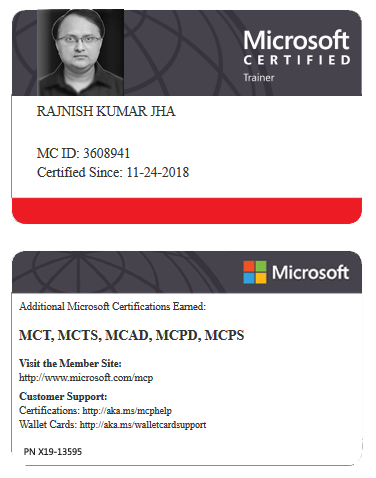




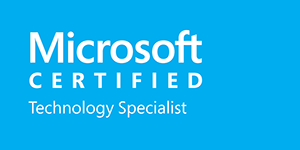

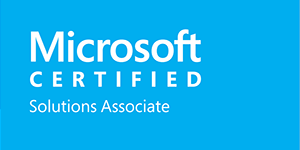
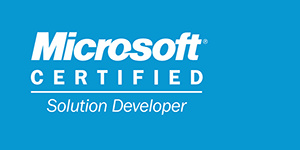
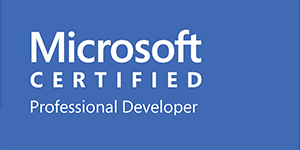

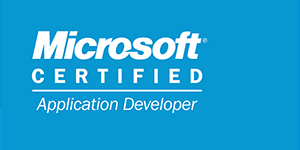
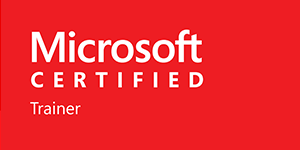





Leave a Reply